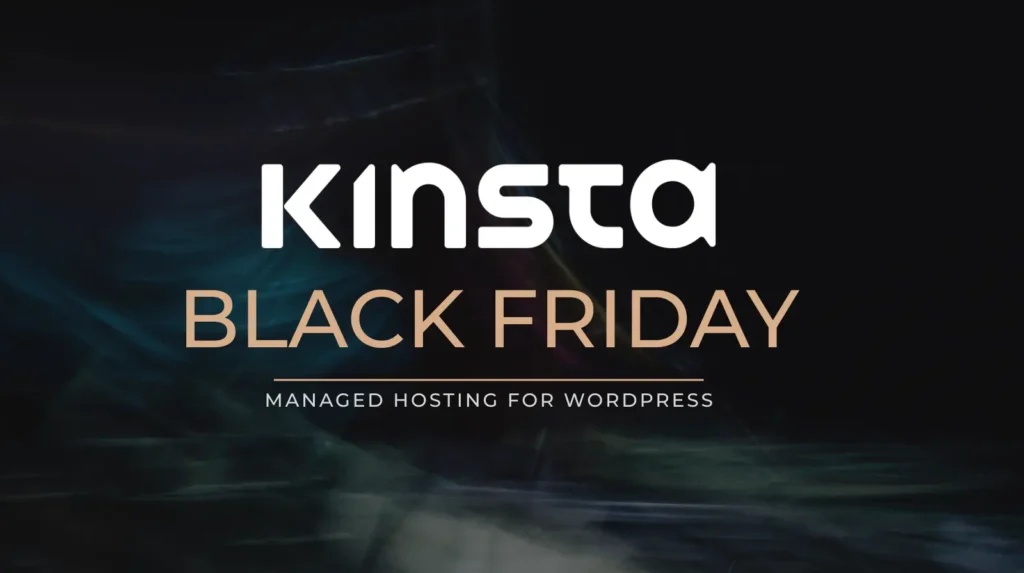In 2025, a successful SEO strategy is built on a foundation of brilliant keyword research. It’s no longer enough to simply create good content; you must create content that directly answers what your audience is searching for. Choosing the right keyword research tool is the difference between ranking on page one and getting lost in the digital noise.
With hundreds of tools on the market, finding the perfect one can be a challenge. This guide cuts through the confusion, breaking down the 7 best keyword research tools both free and paid to help you find the perfect fit for your budget and goals. Properly leveraging these tools is the first step to boosting your website traffic and outranking your competition.
What to Look For in a Keyword Research Tool
Before we dive into the list, here are the key criteria to consider:
- Data Accuracy: The tool should provide reliable search volume, keyword difficulty, and CPC data.
- Keyword Suggestions: It should offer a robust engine for finding related keywords, long-tail variations, and questions.
- Competitor Analysis: The ability to see what keywords your competitors are ranking for is a non-negotiable feature.
- SERP Analysis: Top tools provide a snapshot of the current search engine results page (SERP) for a keyword, helping you understand the ranking landscape.
- User Interface (UI): The platform should be intuitive and allow you to easily filter and organize your keyword lists.
The 7 Best Keyword Research Tools
1. Semrush: The All-in-One SEO Powerhouse
Semrush is far more than just a keyword research tool; it’s a complete digital marketing suite. Its Keyword Magic Tool is one of the most powerful on the market, providing access to a massive database of over 25 billion keywords.
You can analyze any keyword to see its search volume, difficulty, CPC, competitive density, and the SERP features associated with it. For a deeper analysis, our complete Semrush Review covers its full capabilities.
Best For: Marketers and businesses who need a comprehensive, all-in-one tool for SEO, PPC, content marketing, and competitive analysis.
Pros:
- Massive keyword database with excellent filtering options.
- Exceptional competitor analysis features (Keyword Gap tool is a standout).
- Integrates keyword research with a site audit, rank tracking, and content marketing tools.
Cons:
- Premium pricing can be a significant investment for beginners.
- Can be overwhelming for users who only need basic keyword research.
2. Ahrefs: Best for Backlink & Competitor Analysis
Ahrefs is Semrush’s biggest rival and is renowned for having the best backlink index in the industry. Its Keywords Explorer tool is equally impressive, providing in-depth data not just for Google but also for YouTube, Amazon, and other search engines. Ahrefs provides unique metrics like “Clicks” (how many clicks a keyword actually gets) and “Parent Topic,” which helps you target broader topics.
Best For: SEO professionals and agencies who prioritize backlink analysis and require highly accurate keyword difficulty scores.
Pros:
- Extremely accurate keyword difficulty metric.
- Excellent for analyzing SERP history and content gaps.
- The industry-leading tool for backlink analysis.
Cons:
- Higher price point, with no official free trial (offers a paid trial via Ahrefs Webmaster Tools).
- Some find its UI less intuitive than Semrush’s.
3. Google Keyword Planner: The Free & Foundational Tool
As the data comes directly from the source, Google Keyword Planner is an essential tool for any marketer. It’s completely free to use with a Google Ads account. You can use it to discover new keyword ideas and get search volume estimates.
However, its primary function is for planning ad campaigns, so it has limitations for SEO. Search volumes are often presented in wide ranges (e.g., 1K-10K) unless you have an active, spending ad account.
Best For: Beginners, budget-conscious marketers, and PPC advertisers looking for foundational keyword data.
Pros:
- Completely free to use.
- Data comes directly from Google.
- Excellent for finding commercial and transactional keywords for ad campaigns.
Cons:
- Requires a Google Ads account to access.
- Provides vague search volume ranges without an active ad spend.
- Lacks the deep competitor analysis features of paid tools.
4. Ubersuggest: The Budget-Friendly All-in-One Tool
Acquired and massively expanded by Neil Patel, Ubersuggest has become a powerful, user-friendly, and affordable alternative to the premium tools. It offers solid keyword data, competitor analysis, and a site audit tool. One of its standout features is the historical keyword data it provides.
Best For: Bloggers, small business owners, and marketers looking for a powerful tool at a more accessible price point.
Pros:
- Very generous free plan with daily search limits.
- Lifetime subscription option offers incredible long-term value.
- Simple, intuitive interface that’s great for beginners.
Cons:
- Its keyword and backlink databases are smaller than Semrush’s or Ahrefs’.
- Daily search limits on the free plan can be restrictive.
5. AnswerThePublic: The Ultimate Question Finder
Now part of Ubersuggest, AnswerThePublic specializes in one thing: finding the questions people are asking online. You enter a seed keyword, and it generates beautiful visualizations of questions categorized by “what,” “where,” “why,” etc., as well as prepositions and comparisons. This is a goldmine for creating FAQ sections, blog post ideas, and content that directly addresses user intent.
Best For: Content creators and bloggers looking for long-tail keyword ideas and a deeper understanding of user intent.
Pros:
- Excellent for brainstorming content ideas and finding long-tail question keywords.
- Visual data presentation is intuitive and easy to understand.
- The free version is highly useful for occasional research (with daily limits).
Cons:
- Doesn’t provide key metrics like search volume or keyword difficulty on its own (integrates with Ubersuggest for this).
- Free daily search limit is quite restrictive.
6. Google Trends: For Spotting What’s Hot
Google Trends is another invaluable free tool from Google. It doesn’t give you absolute search volumes, but it shows you the relative popularity of a topic over time. You can compare multiple keywords, analyze interest by region, and discover related and breakout topics. It’s the perfect tool for capitalizing on current trends and understanding seasonal interest.
Best For: Content strategists and journalists who want to create timely, trending content and understand keyword seasonality.
Pros:
- Completely free.
- Unbeatable for analyzing keyword popularity and seasonality.
- Excellent for identifying emerging trends and related queries.
Cons:
- Doesn’t provide absolute search volume numbers.
- Best used in conjunction with another keyword tool.
7. KeywordTool.io: The Long-Tail Keyword Generator
KeywordTool.io is a “Google Autocomplete scraper.” It generates hundreds of long-tail keyword suggestions by scraping the suggestions that appear in Google’s search box. While the free version gives you a list of keywords, you need the Pro version to see crucial data like search volume, CPC, and competition.
Best For: Finding a massive list of long-tail keyword variations for niche topics.
Pros:
- Generates a huge number of long-tail keyword ideas.
- Supports multiple search engines, including YouTube, Bing, and Amazon.
- Simple and fast to use.
Cons:
- The free version is very limited (no search volume data).
- Paid plans are relatively expensive for the features offered compared to Ubersuggest.
Conclusion: Which Keyword Research Tool is Right for You?
The best keyword research tool ultimately depends on your specific needs and budget.
- For Professionals & Agencies: Semrush or Ahrefs are the clear winners, offering comprehensive data and an all-in-one suite of tools.
- For Small Businesses & Bloggers: Ubersuggest provides the best balance of power and affordability.
- For Beginners on a Budget: Start with the free tools. A combination of Google Keyword Planner, AnswerThePublic, and Google Trends can provide a surprisingly powerful foundation for your keyword strategy.
No matter which tool you choose, the goal is the same: to understand your audience’s intent and create content that meets their needs. Master that, and you’ll be well on your way to dominating the search results.








